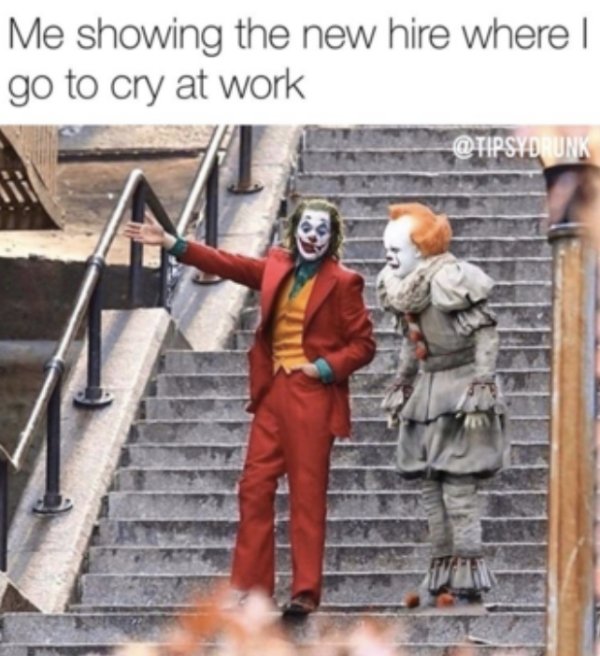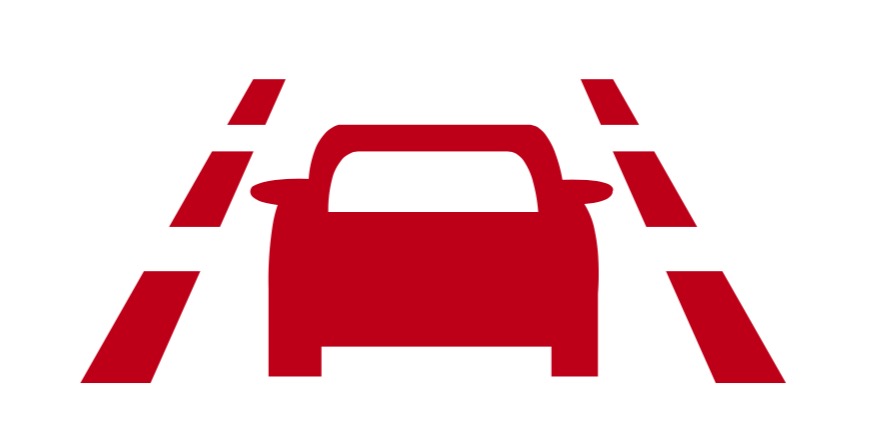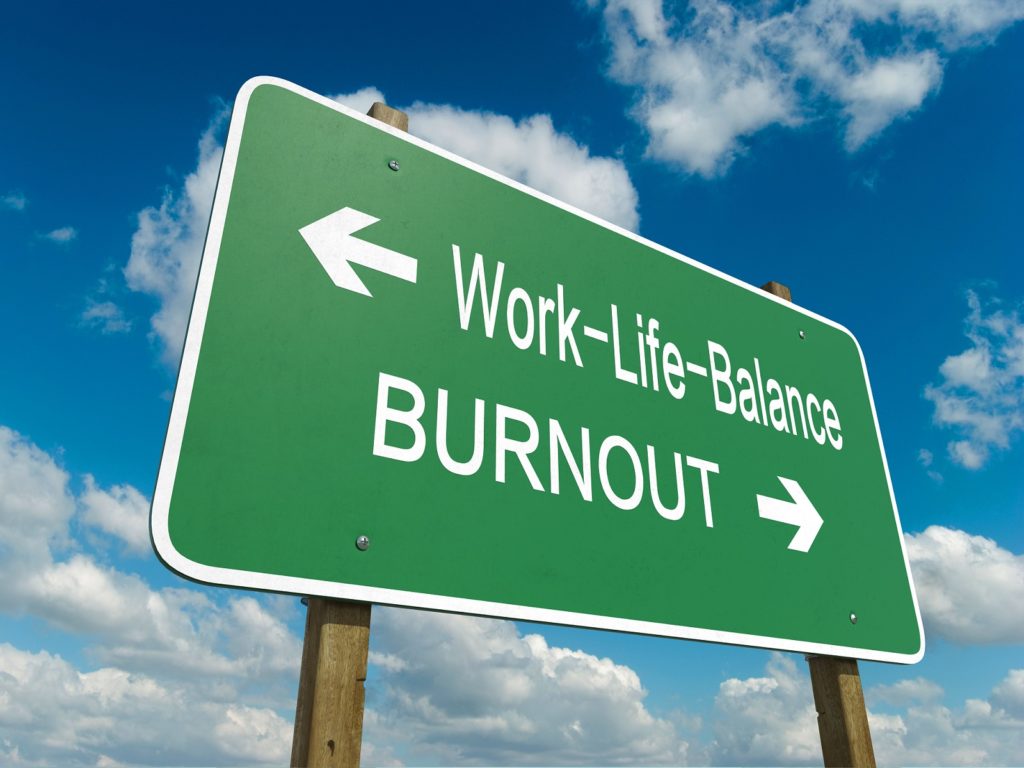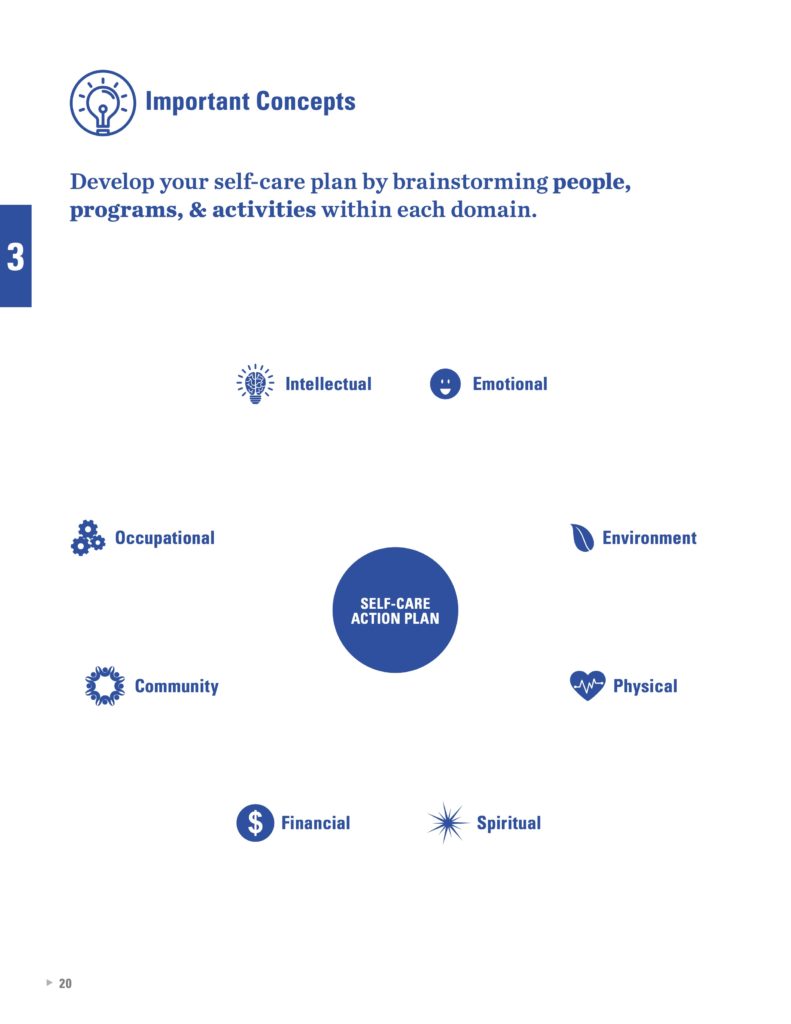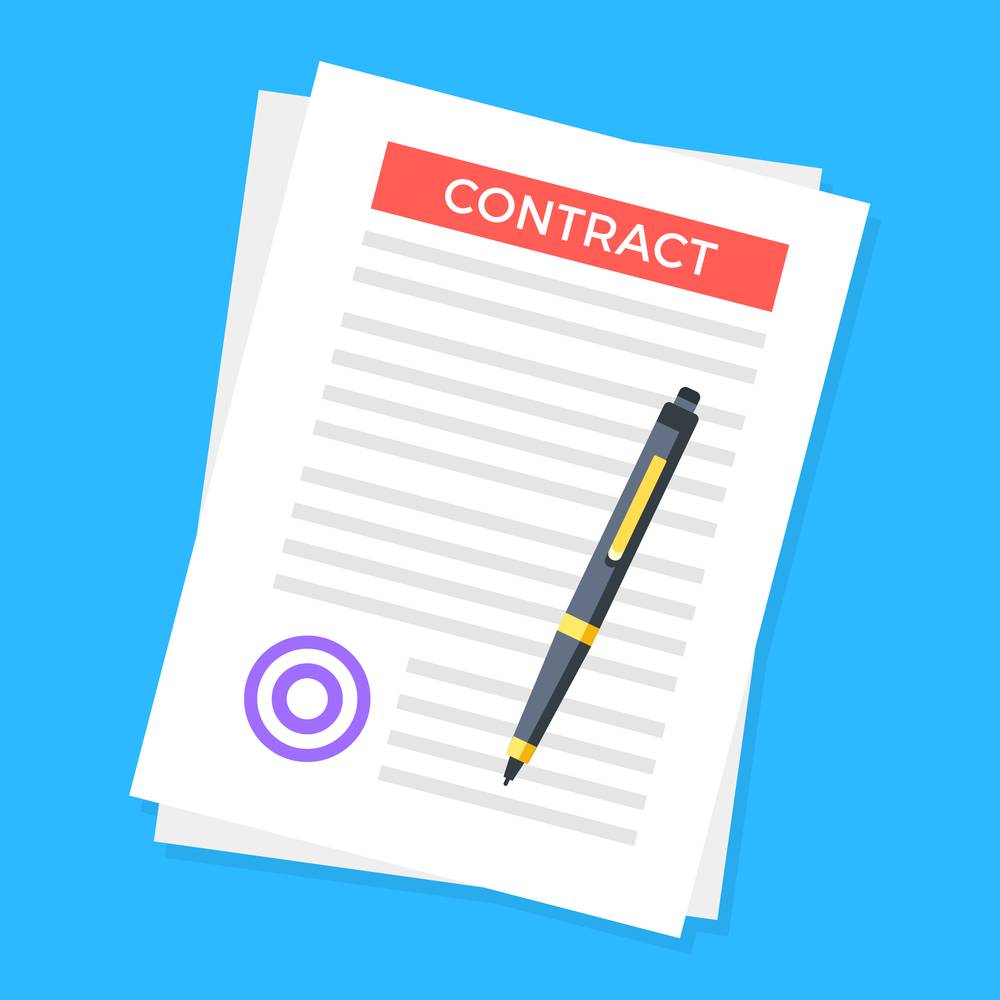Everyone has worked with a venue, or a crew, or even just one person where it would be so satisfying to colorfully tell them to shove it and then walk out the door for the last time. As satisfactory as that would be, realistically the majority of us in this industry will put up with a lot before we make that move. Everything from insane overtime hours to being overwhelmingly underpaid. Here’s the thing that no one is going to say, or at least not out loud:
It’s perfectly okay to want to tell someone to shove it.
Plenty of people, though everyone puts up with a lot, want to tell someone at some point to stick it where the sun doesn’t shine. But how do we avoid screaming that in their face during a load out at three in the morning when there are still two more trucks to be loaded and five more cities on the tour lineup? That is just one of the difficult parts of this job and too uncommonly not talked about. Many people outside of this industry wonder why so many of us inside of it doesn’t even mention quitting around our coworkers. This is mainly because, like so many other workplaces, the moment you mention something of that nature you become a target. You are the new target of rumors, and tour managers become curious if they’ll have to find a replacement, festivals wonder if you’re going to walk out in the middle of a show, and production coordinators examine every little thing you do from that point onward. Some places go as far as to fire you before you have the chance to quit so they can control the narrative of what happened. These are just a few of the many reasons why this subject is so rarely talked about. So we’re going to talk about it now.
Though there are some out there who might read these next assorted paragraphs and think, “No way that actually happened.” I can assure you all of these scenarios actually happened to me.
“I QUIT!”

We all have our breaking points, every last one of us. For some, it takes a long time after mastering the art of a fake smile and a courteous nod while sleep deprived. While others, take only one long weekend and a few inconveniences. Wherever on the scale you are, just try to remember that you made it this far.
The majority of the time when working live events if you are freelancing, or touring on contract, you don’t always need to turn in a resignation. It is commonly presumed that you are leaving at the end of the show/festival/contract/etc. These are some of the best times, mostly because immediately after the contract/festival/show is completed the crew party follows directly after. Your troubles fall away as each new drink is ordered and PM turns to AM.

But when you are in need of telling someone who pushes paperwork more often than you push road cases, how do you professionally explain to them that you are sick of seeing everyone every hour of every day of the week for ten months out of the year?
If you work somewhere regularly and at least get along with most of the people there, you don’t want to potentially strain that professional relationship. So sticking both middle fingers in the air as you are walking out for the day probably isn’t the best idea no matter how tempting it sometimes is. Or if you’re the regular venue staff and want to tell your boss that you’d rather be living from a truck on the road than deal with them for another day.
Everyone has three resignations: the one they know they aren’t going to send, the one they think they might send, and the one they actually end up sending. The one I ended up sending to one of my previous employers may surprise you…
You Aren’t Going To Send That
It’s another very late night, everyone is in need of some sleep, the guys have been giving you a hard time all day, and there were a few screw-ups in the show… We have all had that day and we’ve all wanted to tell everyone after that day that when we left we were not coming back. So instead of listening to the voice of reason in the back of your head, you start thinking of your ultimate way to rage quit.
Maybe you just leave in the middle of the show with a wicked grin across your face and force the rest of the crew to figure it out on their own. Maybe on the travel day, you switch flights to go to Greece instead of the next city in the lineup and call your boss from the plane while planning in your head which scene from “Mamma Mia!” you’ll reenact first. Maybe you get the god mic out and give everyone that piece of your mind that you have locked away just for special occasions like this one and rip everyone a new one.

Whatever your ultimate rage quit scenario is, it’s good to type it out. This first resignation letter/fantasy you sort of want to play out is one that you know you aren’t going to end up sending. That is the one that is just for you. It is such a good feeling knowing no one besides yourself will ever see it. You can be as creative and harsh as you want. You can call everyone out for every little thing that has gotten on your nerves, even if at the time it wasn’t a big deal. You can make it an even bigger deal in this rage-quit daydream. So go ahead and use every part of your imagination. You can use every curse word in the book, and even come up with some new ones while you’re at it.
When I was typing out my fantasy resignation letter, it literally started with “Please consider this my most informal notice of resignation from this shithole of a venue called _____ and everything to do with it henceforth. This includes but is certainly not limited to:” and then I proceeded to type out everything that I despised about the place. I misspelled things, I vented about the faulty equipment that everyone had been begging the higher-ups to replace for years, and I raged on for 2 pages about the constant sexism in the workplace. I got it all out of my system and laid it bare on a once-blank page.
This first resignation letter isn’t supposed to be sent to anyone. Not even your coworkers who you think might find it funny because let’s face it, they might find it funnier to send it to your boss for you. This first resignation letter is to get all of your frustration about the work, and all the bullshit that comes with it, out of your system so you can have a clear head about what you actually want to say when it comes time to press the big SEND button. You don’t want to make you quitting about one thing, like your boss having the expectation to constantly reach you at all hours of the day and night with no assistance to your phone bill, when it’s really something entirely different, like getting a better job opportunity. This is more therapeutic than anything, but our keyboards and laptops have heard worse coming from us when ProTools crashes.
Professional tip: remember to delete that one.
You Might Actually Go Through With It
Your phone rings, it’s your boss. You just left a shift and have been in your car not even ten minutes on your way to a nice hot shower. He tells you to be on standby because one of the guys on the crew wanted to go home early so you might have to come in and finish the loadout that’s scheduled to go until six the next morning after just getting off a 13-hour day and you’re already scheduled to work another 15 hour day tomorrow starting at eight in the morning. Now you might have to work it on no sleep. He calls you again almost two hours later with the good news that you don’t have to finish the loadout. So you celebrate by popping open your email and a half-empty bottle of something. After your first swig straight from the bottle, because who needs to bother with a cup at this point, the anger boils in your stomach and starts coming through your fingertips as you type faster with each sip. After finishing off the bottle that voice in your head gets louder, “You can send that one, it’s good enough.”
As women, we are held to an often unspoken standard in this industry. We don’t get away with throwing documents around because we forgot to save the show file or making lewd comments at our male coworkers because they dressed sharply for the company dinner instead of work blacks. This unspoken standard is carried through even to our resignations. It’s looked down upon us if we send a quick half-bottle-of-something-in-us text late at night saying we’re not coming in tomorrow or finishing several weeks of 18+ hour days and being mentally and physically drained so we type a one-sentence email. There is always going to be a better way to phrase something, or a nicer way, or whatever and you’re going to be expected to always do them. But there are times that you’re just done. Unfortunately, most of the time, you can’t show that through your written words.

This letter that you typed with two hands on your keyboard while somehow managing to have a hand on your chosen bottle-of-something, the one you think you might send, that one is more complicated than it initially lets on. More often than not, when you are leaving a place, there are reasons and issues that need to come to light as to why you are leaving. Sometimes it’s several smaller issues that add up over time, like not having a fan while working an outdoor gig when it’s over 100 degrees F outside. While other times it’s big issues that could have been avoided from the beginning, like never receiving a schedule more than twenty-four hours in advance. But do you put these in your letter, or do you let them slide and be more courteous?
This notice requires sleep and seeing how you still feel about it at a later time. When I was typing out my “maybe” notice, I brought up real issues that needed to be addressed. I tried not to place the blame directly on anyone but I did name a few people who had the power to change things and who were outright choosing not to.
Unfortunately, it’s not uncommon for some companies to withhold a last paycheck if you “complain” in your notice to leave. Should a company choose this action, you always have options. If you’re part of a union, you have someone in your corner 100% until you are paid. You can also get a lawyer involved if you feel this might be dragged out, and include that the company will have to pay for the fees.
You Did It!
This is it. This is the final one that conveys your breaking point loud and clear yet also portrays that you’ve kept your head squarely on your shoulders through the thick and thin of everything. At least most of the time.

When I typed my “final” resignation it wasn’t nearly as long as the first. In all truthfulness, it was only about a paragraph. I started it with kind words explaining that I had decided to take a better opportunity elsewhere that was going to further my career in ways I didn’t believe possible in the position I was in at the time at the company. I made it clear that I enjoyed my time there and I thanked them for everything they had taught me up to that point. As I prefer to do, I listed a few reasons why I was leaving that I thought needed to be addressed whether I was there to witness it or not as well as gave a small list of things I would have stayed for. I always do this in case the employer wants to give me a better offer than what I am leaving for so they know exactly the standard I’m set towards to keep me around. Some places give you these things, and some don’t. Try to see either option as good because you can either leave for something more desirable than what you had, or you can stay for a preferred proposal from somewhere you are already familiar with.
If they decide to agree to what you are asking for to keep you, then you need to remember something:
You actively sought out a better opportunity for a reason, and just because they are willing to offer you what you ask for doesn’t mean you are obliged to take it.
This resignation, the one you are finally set on and the one you decide to hit the SEND button on, should be the most professionally worded of them all. Typically you would want to keep it short, and to the point. Maybe your final letter doesn’t have to be a full paragraph. Maybe yours needs to be longer though. Perhaps you have found a better venue/company/crew/pay/etc. or just cannot pass up a once-in-a-lifetime opportunity. Whatever the reason is that you are leaving, where you currently are should be made aware of it.
On your last day, wherever it ends up being, be sure to flip them off once you are in the safety of your car where there are no cameras.
Which Did I SEND
Alright, as promised this may surprise some of you while others are not as much. While justifiably I had good reasons to send my rage quit letter, I didn’t think it got the clear point across. Yes, there was obvious sexism in that work environment but ranting on about it for two pages was a bit much for a resignation letter. I gave it a long thought to send my “maybe” letter and eventually put some of it in the final email as there were things I believed needed to be addressed and known. In the end, I actually sent two resignation letters.
Here they are for you.
One of the letters that I sent was of course to my at-the-time boss and the HR department. At the time of sending that letter, I was working in a venue that had an HR department that everyone was supposed to be able to contact directly. I have copied it for you (in case you need an outline for yours) and have taken obvious names out.
Here’s the first:
Unfortunately, I believe this company may not be the best fit for me. The company in itself has many opportunities for a person to grow in their skills and career. However, those opportunities have not been given to me in the appropriate circumstances and are now risking my personal safety. After six months of being employed, I still do not have access to vital information such as my work email, laptop, advancement paperwork, etc. This is not due to my lack of trying to obtain these things. When I have asked for necessary information about shows, it is often not given until the time of load in or even after. A schedule is too often not sent to anyone until late the night before, too commonly after working 12+ hour days, then criticised when we do not immediately answer these late-night texts. Due to all of these reasons listed above, and more, I truly regret to tender my resignation and notice. I have enjoyed working here and with everyone on my team, but I do not foresee these issues being resolved as there has been little to no change in them during my time here already. My last official day with the company will be the end of this week so I may continue to work elsewhere for a better opportunity. I wish the best for every one and thank you for this opportunity that I’ve had while here.
The Second
The other letter that I sent was actually addressed to everyone on the production team as I felt they deserved a more in-depth understanding as to why I was leaving so quickly. These were people that I had worked alongside every day, and though some of the work conditions we were put through were horrible, these were people that went through it all with me together as a team. I thanked them for trying to make me feel part of the team from the start, as not everyone from the venue and in valuable positions made such efforts. I explained the reasons why I was leaving so soon and said that I hoped they understood. Some of the team were aware of the constant sexism and things I had been put through as the only female on the team. Others were either unaware or turned a blind eye, which didn’t help matters in the long run. Most of the production team came to find me on my last day and congratulated me on the new opportunity.
Leaving a team you are familiar with and have grown accustomed to can be difficult. This is a group that you have put effort into and trust and countless long hours. It is not uncommon to eventually see people you know later in your career in one aspect or another. Sometimes you return to a venue you once worked at while on tour, or sometimes you’re in a brand new city to find someone you once worked with who has recently moved there. The industry is ever-changing, including which people are in what positions.









